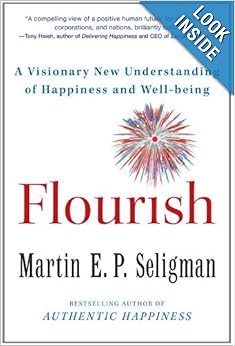 |
| Photo courtesy Alfred Borchard |
Here’s a lovely poem about snow falling on San
Antonio by Mo H. Saidi, an obstetrician and writer
who, in addition to his medical training, has a Master’s degree in English and
Literature from Harvard. [Introduction by Ted Kooser.]
The Night of the Snowfall
The Night of the Snowfall
Snow falls gently in the Hill Country
covering the meadows and the valleys.
The sluggish streaks of smoke climb quietly
from the roofs but fail to reach the lazy clouds.
On Alamo Plaza
and under the flood of lights, the flakes float
like frozen moths and glow like fireflies.
They drop on the blades of dormant grass.
They alight on the cobblestones and live awhile
in silence, they dissolve before dawn.
The wet limestone walls of the mission
glow proudly after the night of snowfall.













